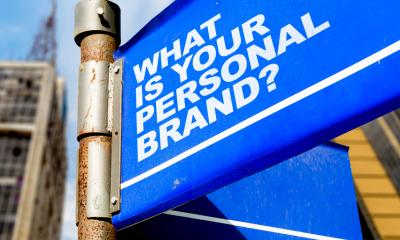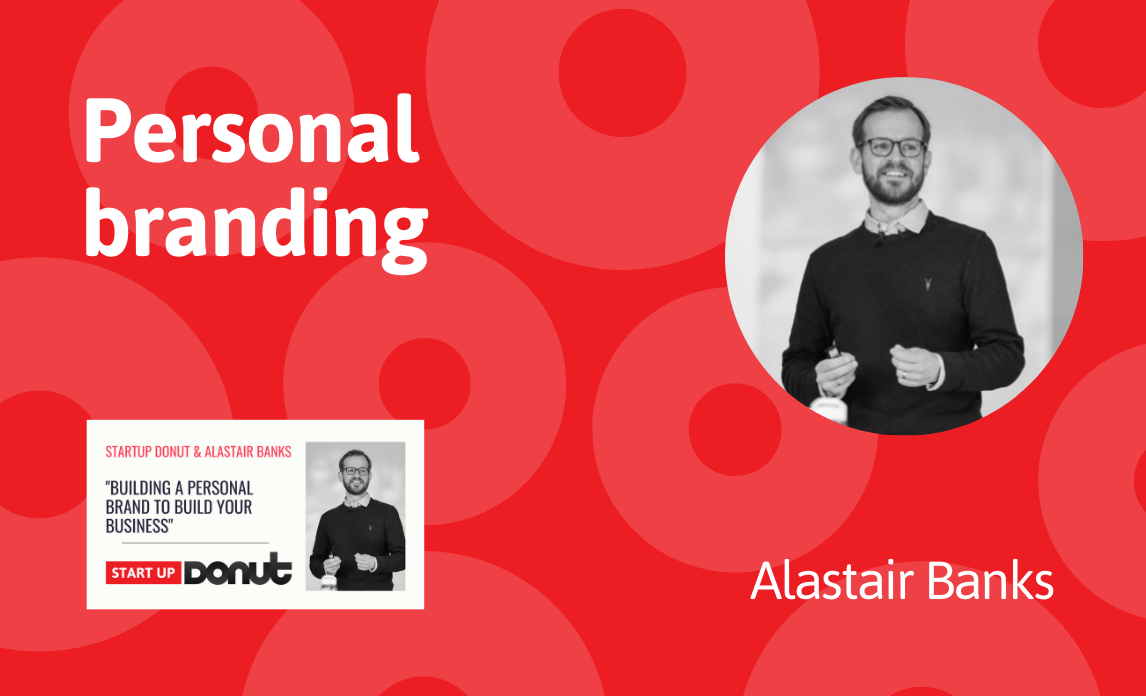
Personal branding is how you project yourself to the world, how you create and maintain your image and identity. Your brand is just as much about your profession, business and career as your background, what type of person you are, your interests and any interesting facts
Personal branding is what you do, what you are and above all - what you can do for others. Having a meeting, making a phone call, sending an email are all activities where you get the opportunity to demonstrate your personal brand. Offline and online, you only get a few seconds to make a first impression, so you must get it right.
Do you need a personal brand?
You already have one. You need to make sure it projects what you want it to by staying consistent or - better still continuous improvement. You must take control of your personal brand because it can help your business to get noticed. It will help you to be seen by current and prospective clients, business partners, employers and so forth. You want people to remember who you are and what you do.
People buy from people - not businesses. Unless you're ordering a book online, you want to know the people behind the business. This is especially true in service and high-end sales environments, where customers only buy from credible sales people with strong brands. Blue chips are giving their managers personal branding training to turn them into better ambassadors for their employer. The trend is growing and personal branding will be part of everyone's induction training one day.
Personal branding is extremely important to start-ups - possibly even more important. Customers buy from a few individuals - not really the business brand, which has to be developed over time anyway. Having people with strong personal brands working for a start-up basically means they lend their credibility to the business. Leveraging your employee's personal brands is probably one of the most cost effective ways of marketing and promoting your business.
 Struggling to find new opportunities?
Struggling to find new opportunities?
A strong personal brand can be the difference between having to go and find work and work finding you.
Learn how to position yourself as an expert in your field, build your network and watch the sales leads come in with this online course.
Where do you start?
If you want to boost your personal brand and get the maximum impact straight away, the internet is the best place to start. It's free and very simple to sign up for online networking sites, which are great tools for promoting your personal brand.
A typical professional will have a profile on LinkedIn or Facebook, some will have lots of others. As long as you use and maintain your profile correctly, you're on to a winner. Try googling your name and see what happens. Prospective customers are likely to do this these days. Are you happy with what they will see? If you were a client, you would probably want to see a supplier with a professional profile on LinkedIn and possibly other platforms.
If you can't find yourself, you have a fair bit of work to do. You will also be cross-referenced on Facebook, Twitter, blogs and other sites to see that you are not simply putting on a 'corporate act'. Make sure the brand you project is consistent and well positioned.
What are the 'must-haves'?
Having a professional looking, well-written LinkedIn profile will benefit many start-up owners. You should also have a well-rehearsed elevator pitch that you can deliver at any time. I'd also recommend an online bio you can link to, as well as 'clean' and searchable profiles on Facebook, Twitter and Instagram.
And the 'nice to haves'?
'Nice to haves' include a personal avatar for commenting, a personal blog or website, your own Linkedin Group, your own domain name and a forum you own or moderate and published articles or blog posts.
Any final advice?
Make sure you're consistent with everything you communicate to the world. This includes everywhere you have an online presence. Consider whether prospective customers will be surprised or even disappointed when they meet you for the first time. You must be one and the same across all channels, then you will stand a better chance of coming across as genuine and trustworthy.
Share information about yourself, tell stories and inspire others. Add some personality to your brand - we all know it's easier to sell on emotions than facts. When you think you are finished, anyone should be able to locate you online and find out what you do and what makes you special. If this isn't the case - you need to put some more work in.
Written by Jörgen Sundberg of Link Humans and Undercover Recruiter.


